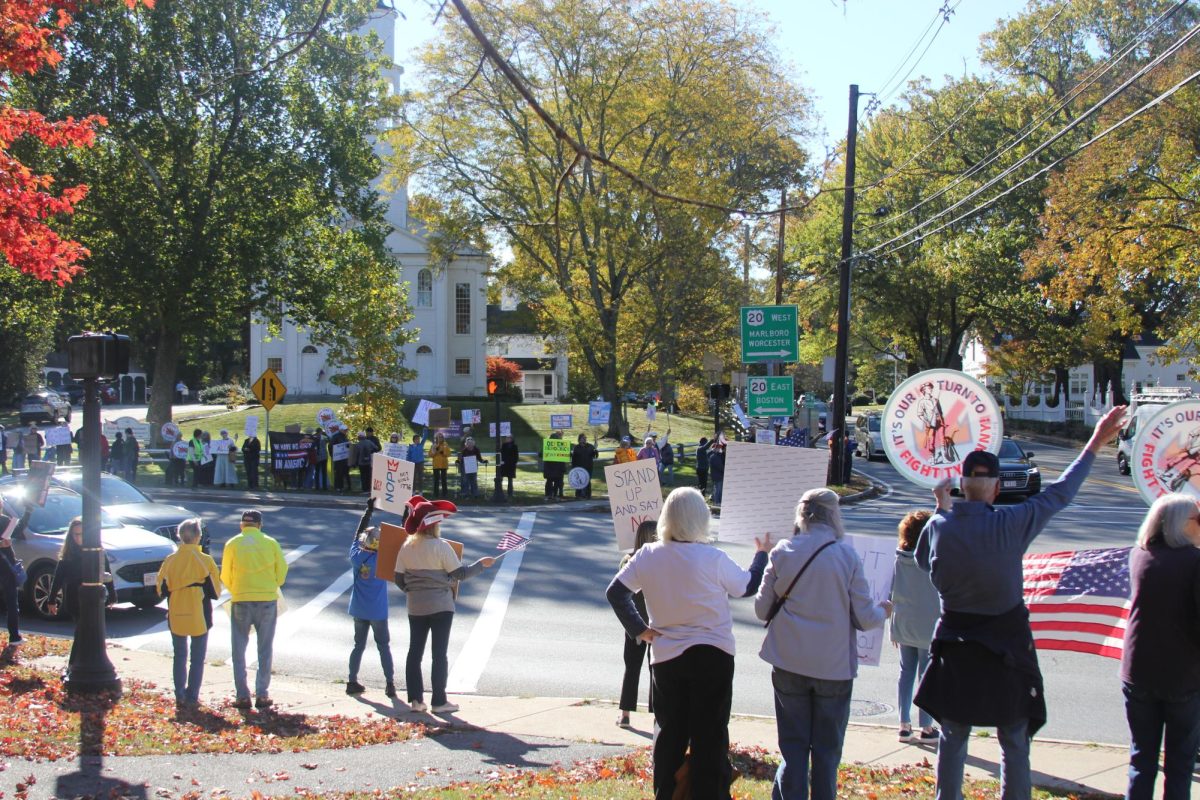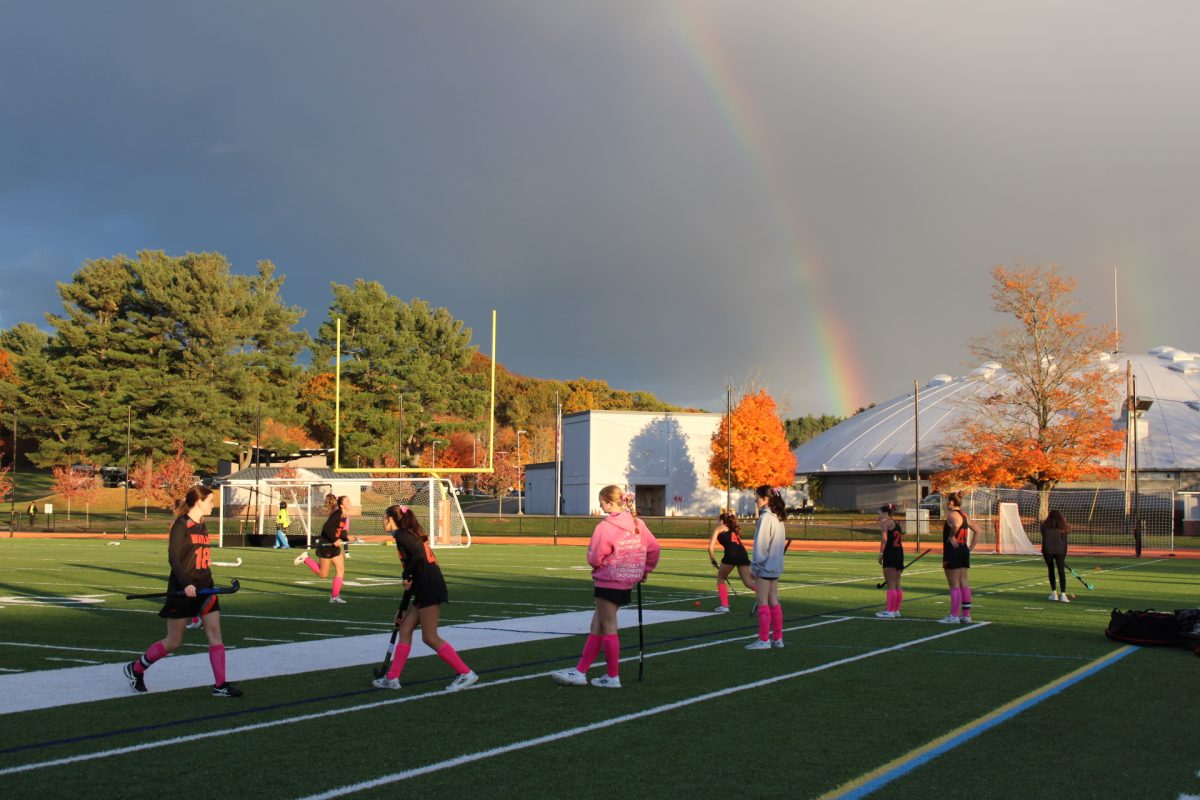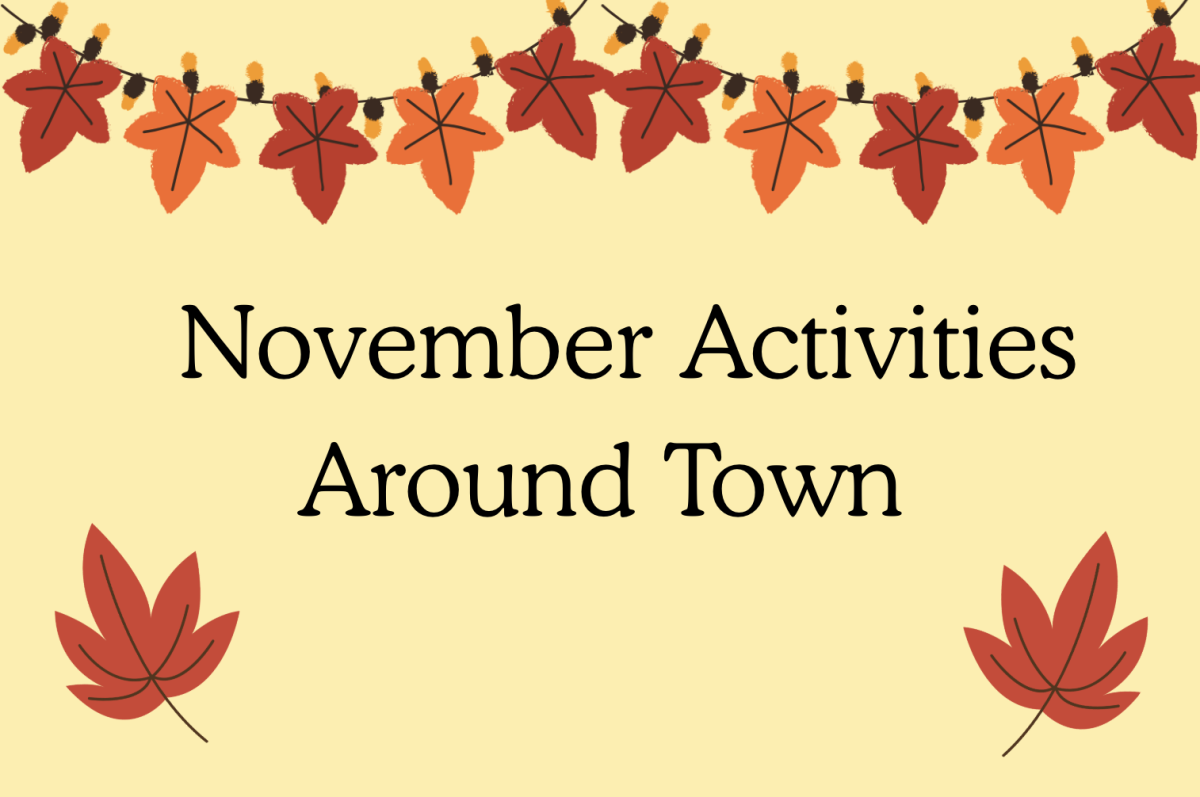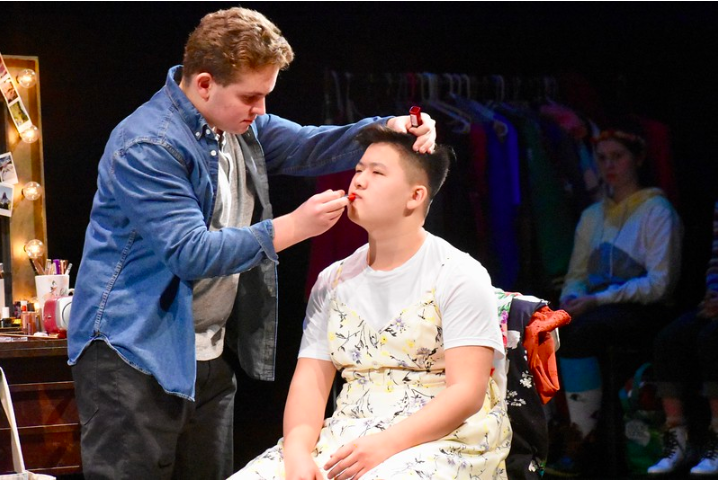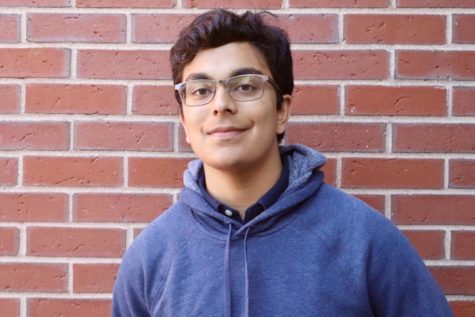Opinion: A light in the darkness
Credit: Julia Callini
In February of 2019, WHSTE debuted “Pronoun,” the coming-of-age story of a transgender teenager. WSPN’s Atharva Weling explores the implications of a recent Supreme Court decision for the LGBTQ+ community following a string of violence and discrimination against transgender Americans.
June 19, 2020
In June 1999, President Bill Clinton declared the first-ever “Pride Month” in the United States. It was a symbol of the growing acceptance of the LGBTQ community within our country, and since then, the amount of progress we have made has been astounding. From the repeal of “Don’t Ask, Don’t Tell,” to the legalization of same-sex marriage, it really seems like we are leaders in the global movement towards equal rights for the queer community.
Unfortunately, that perception has been shattered in the last few weeks with the tragic deaths of two black transgender women: Dominique Fells and Riah Milton. The national protests following the murder of George Floyd have now taken on new meaning as more and more protesters focus their goals towards the protection of black trans people in particular, who face significantly higher rates of fatal violence and discrimination.
To top it all off, last Friday, the Trump administration finalized legislation that would allow doctors and healthcare officials to discriminate against patients based on gender identity and sexual orientation. This decision reversed the Obama-era interpretation of “sex” as including gender identity and sexual orientation and defining a person’s status as either male or female.
In just the span of a few short weeks, it seems like all of the change we have been fighting for over the past decades, all the promises our government made us to preserve equality for everyone, were nothing more than lies. With so much progress still to go, what gains we had made were on their way to destruction if the administration could successfully enforce this new order. It was both depressing and infuriating to watch. This has to be the worst Pride Month ever.
But in the middle of all of this sadness and anger about the prejudice and violence queer and trans people were facing, a new hope emerged. The Supreme Court ruled on Monday in a landmark 6-to-3 decision that firing someone for being LGBTQ violated Title VII of the Civil Rights Act of 1964, upholding the definition of “sex” as including sexual and gender orientation.
As the world seemed to be crashing down on us, this decision offers a welcome reprieve from the seemingly endless bigotry and hatred that our government is subjecting its own citizens to every single day. In fact, two conservative justices, John Roberts and Neil Gorsuch, the latter of which was appointed by our president, sided with the court’s liberals in the decision, marking an unprecedented step towards bipartisanship in an incredibly polarized America.
This is an enormous win for over nine million Americans who openly identify as LGBTQ+ in some manner. Not only are they no longer subject to discrimination in the workplace, which has been a massive issue in states across the country, but also in pretty much every other area of modern life: from housing to healthcare to education. Even more importantly, these protections now exist on a federal level, so conservative states where there was previously little to no legislation barring discrimination against LGBTQ people in public areas are being forced to change their ways.
I could go on for paragraphs about how much of a legislative victory this is, but I want to refocus on just how much of a moral victory it is. For too long in this country, we have turned a blind eye to the discrimination that the queer community experiences, especially people of color within it. Twenty percent of queer Americans have experienced discrimination while applying for a job, and that figure rises to thirty-two percent when looking at queer people of color. Yet, I can’t help but feel like there’s a sense of apathy towards those statistics.
There has been a level of complacency regarding prejudice towards the LGBTQ community. After the end of Don’t Ask Don’t Tell, after Obergefell v. Hodges, we concluded that the fight is over and that equal rights have been won. That isn’t true, but it’s easy for us to rationalize this viewpoint when we look at how advanced we are in this field compared to many other nations. We consider ourselves to be saints when we have indeed just begun to right the wrongs we have committed. If that sounds familiar, that’s because we have done the exact same thing with race. After the 13th Amendment, after the Civil Rights Movement, too many people assume that race is no longer an issue, and it took the death of George Floyd being captured on camera to make them realize otherwise.
But now we realize that discrimination against queer folk is still incredibly real, and that’s the true victory in this decision. Americans are realizing that we still have some ways to go, and are willing to stand up and demand that equality be guaranteed for everyone, regardless of who we love or who we are.
I said earlier that this has been the worst Pride Month ever, but the truth is it’s the opposite. This Pride Month, the voice of the people shouting for justice, has never been louder.

